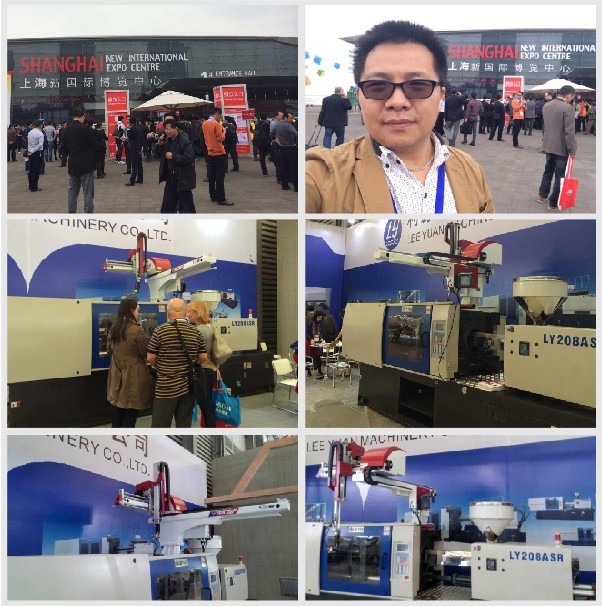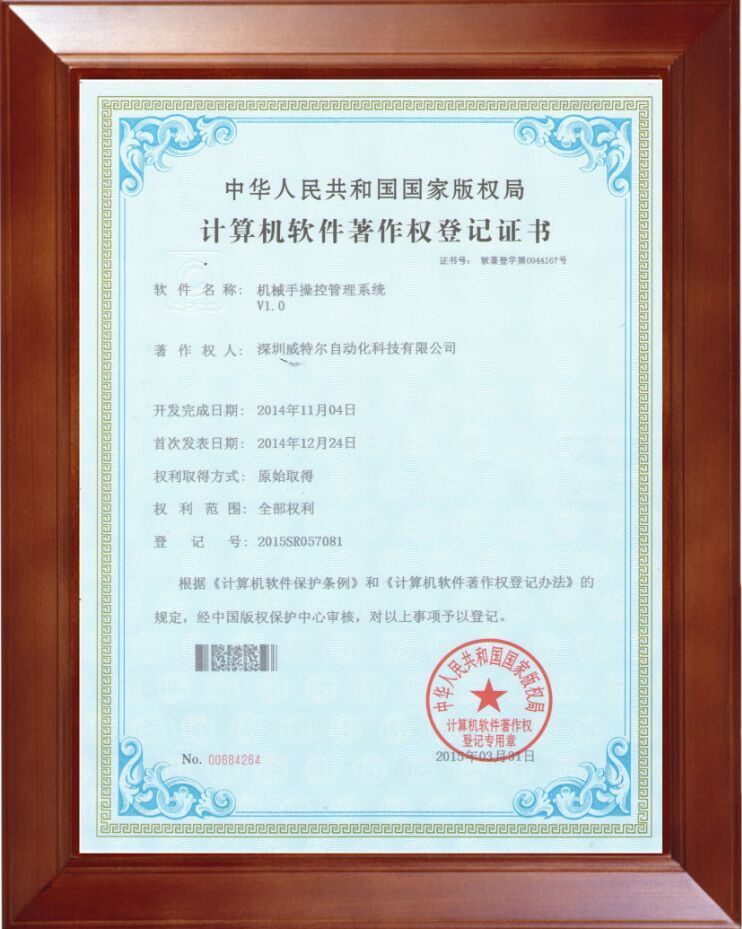

News
What is automation doing?
Release time:
2019/03/14
What is automation doing?
A lot of people asked me: What is automation doing? Perhaps it is because the knowledge that this profession wants to learn and master is too complicated, so that automation is called universal glue, and everything can be done, but it is not professional. A large number of students do not know their specifics when they are in the sophomore year. What can be done, I chose to change careers in the confusion, I hope that the students in the lower grades who are still confused can read my article to help.
The automation major is a wide-caliber professional formed by the merger of several control majors in college education reform in recent years. In fact, automation is to control. In the teacher's words, it is to control all the physical quantities that can be controlled. There is a desire to control. The so-called control refers to the control of the output transient and steady-state performance indicators of production equipment in the production of industrial enterprises, so that the production is optimal. The courses offered at the automation undergraduate level are set around this goal. For example, suppose we want to control the water level of a boiler. Then we call the water level of the boiler the amount of control. First of all, we have to build the actual system, so we have the "system identification" course. Then, we have to test the output, and we have the "detection technology and automation device". Then we need to design the control system according to the expected index. There are many control theories and methods, based on the PID control parameter setting "classical control theory." "Computer-based "modern control theory", "intelligent control", "adaptive control", "distributed control", for traditional PID control, the control system is made up of electronic circuits, so you must learn "circuit" and "digital-mode" "For computer-based control methods, in addition to learning "computer control system", mastering the hardware of the computer is essential, so you must learn "microcomputer principle", "single-chip principle" and "DSP". Software programming is a must. "C" "Compilation" "Database" "C++", of course, we also need to learn programming algorithms, calculus, line generation, probability is Basics, but also learn "numerical calculation method" "complex function" "signal and system", professional software is also to master the "matlab" "PSPISE" "AOTOCAD" "PROTEL", in addition, we have to control the object The characteristics have a certain understanding, the controlled object is generally a motor, so there is a "motor drag basis" "electric drag automatic control system", because the controlled objects are mostly electrical equipment, so the operation control and power supply of the electrical appliances must also Some understanding, so there are "electrical control", "PLC", "power supply for industrial enterprises", and some design and methods in engineering practice, there is a "process control" course.
After all, the automation profession is still very promising. I hope everyone can work hard. Personally feel that the profession of automation is still very necessary to study, because the undergraduate's caliber is too wide, if you study, you can learn more specific. The following basic courses are still very important:
1. Advanced Mathematics (Mathematics is the basis for learning various professional courses in the future. Don't think that probability theory is useless, especially for students who want to work in DSP (digital signal processing).)
2. English (do not think that after 4 or 6 is OK, when you use it, you feel that you have learned too little)
3. Circuit (basis in the foundation, automation professional postgraduate subjects)
4. Automatic control theory (realizing the theoretical basis of the control system, automating professional housekeeping subjects, signboard classes, postgraduate subjects)
5. Microcomputer principle (the basis of hardware such as single-chip microcomputer, DSP, etc., do not think that the assembly language is too low-level, it has the running speed that other high-level languages cannot match)
6.C/C++ (not programming, learning more theoretical algorithms are also useless, especially C, must be proficient)
7. Number/mode power (basic course, the basis of electronic circuit design)
8.DSP/SCM/PLC (Proficient in the structure and programming of any one of the hardware, it is very easy to find a good job)
9.matlab (a great software, a good simulation platform, can implement a variety of algorithms, and can view the running results and various waveforms in real time, highly integrated commands, and be familiar with the students who want to study later)
10. Power electronics technology (a course of partial power, but very useful, whether it is a postgraduate re-examination or a job interview, often asked)
Can work in electrical engineering related systems operation, automatic control, power electronics technology, information processing, test analysis, research and development, economic management and electronic and computer technology applications.
Electrical automation is widely used in factories and is essential for almost every plant. As far as the specific duty station is concerned, the electricity industry has good welfare and high treatment, which is the first choice for making money; then it is the design institute, and the work is relatively easy; the hardest is the engineering bureau, because it has to run around the project site. But the wages are not low. And you can also switch to automation, electronics, and so on.
1. Power plants (including various companies, factory power distribution rooms)
2. Software development (especially microcontroller or EDA, etc.)
3.PLC (generally industrial control direction, build operation platform, etc.)
4. Each mine, or metal smelting site (maintaining automation equipment, operation, etc.)
5. Go to school as a teacher
6. Do sales work (specially selling your own professional related things)
7. Civil servants, every major can
8. What kind of research institutes
9. Product design is the hardware circuit design
10. The automation profession has a wide range of employment. If you look closely at life, you will know a lot of automation equipment. However, there is a future for design, there is a "money" way to do sales, and maintenance is a working class, which belongs to the service industry...
11. The choice of automation is wide, and it is not impossible to learn how to use MCU and PLC. If English is good, foreign companies are not impossible...
12. The automation of the undergraduate science is basically the same as not learning, and everything knows, but nothing is fine, but after the research, it will be a must, and the development of hardware is limitless. But the hardware does not have to be done until the graduate students! Undergraduates can completely touch the latest technology; don't think that those things are very deep, after doing it; that is, the usual knowledge (or tools)! Encourage the current college students Participate in the national discipline competition and go to the company to find internship opportunities; don't think this is a barrier, this is just a psychological barrier!
13. The strength of automation lies in the combination of software and hardware; compared to hardware development, the improvement is faster and basically exponential growth! The most advanced software development is linear growth.
Automated employment is particularly good and very wide! Come on!
Related news
2019-03-14
2019-03-14





![[Pu Daxi Ben] - Weitel Robot Project won 600,000 yuan from Shenzhen Science and Technology Commission [Pu Daxi Ben] - Weitel Robot Project won 600,000 yuan from Shenzhen Science and Technology Commission](https://omo-oss-image.thefastimg.com/portal-saas/new2023041417545479371/cms/image/4f67a616-22b8-4e42-80fb-0188250e15d4.png)



